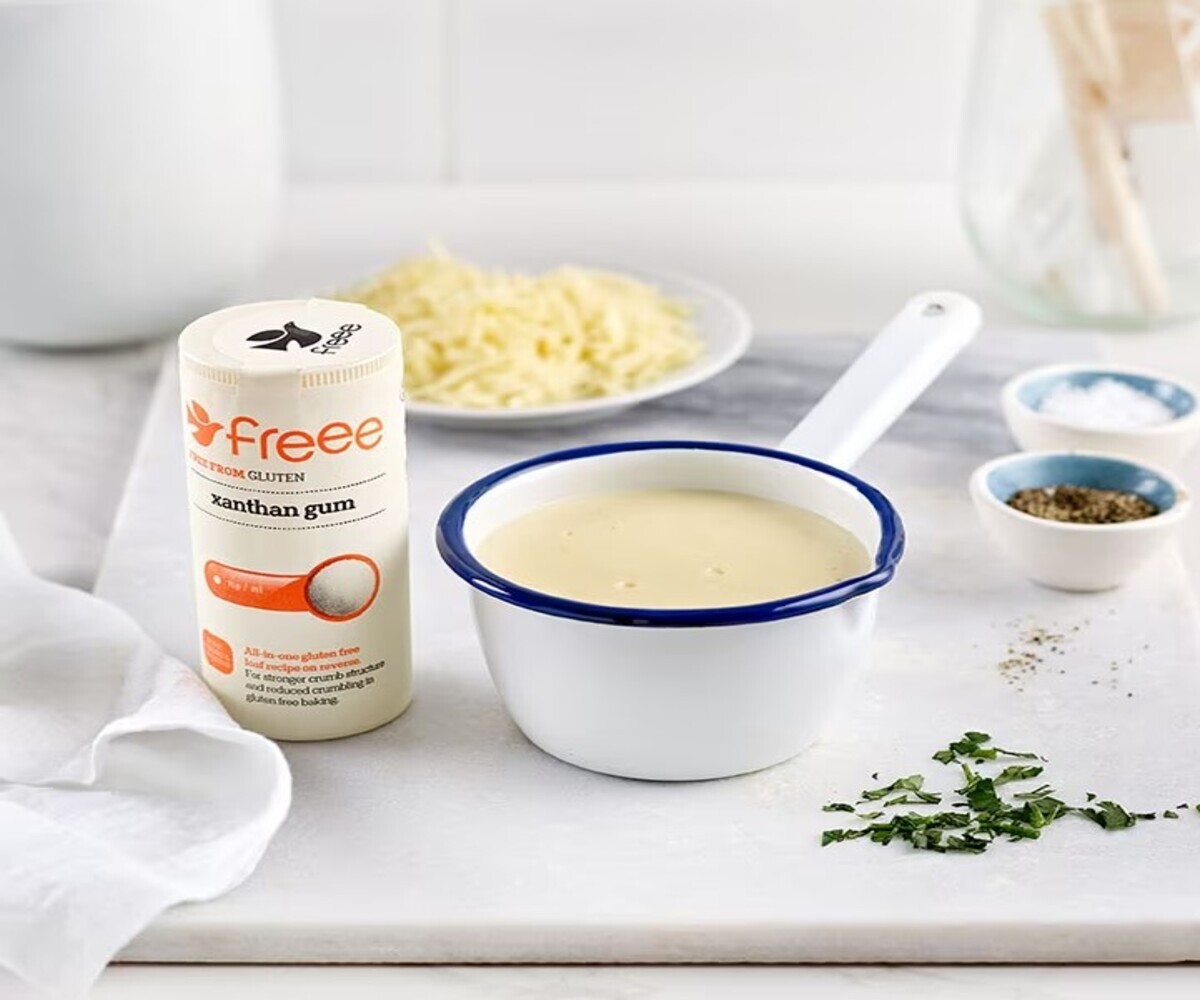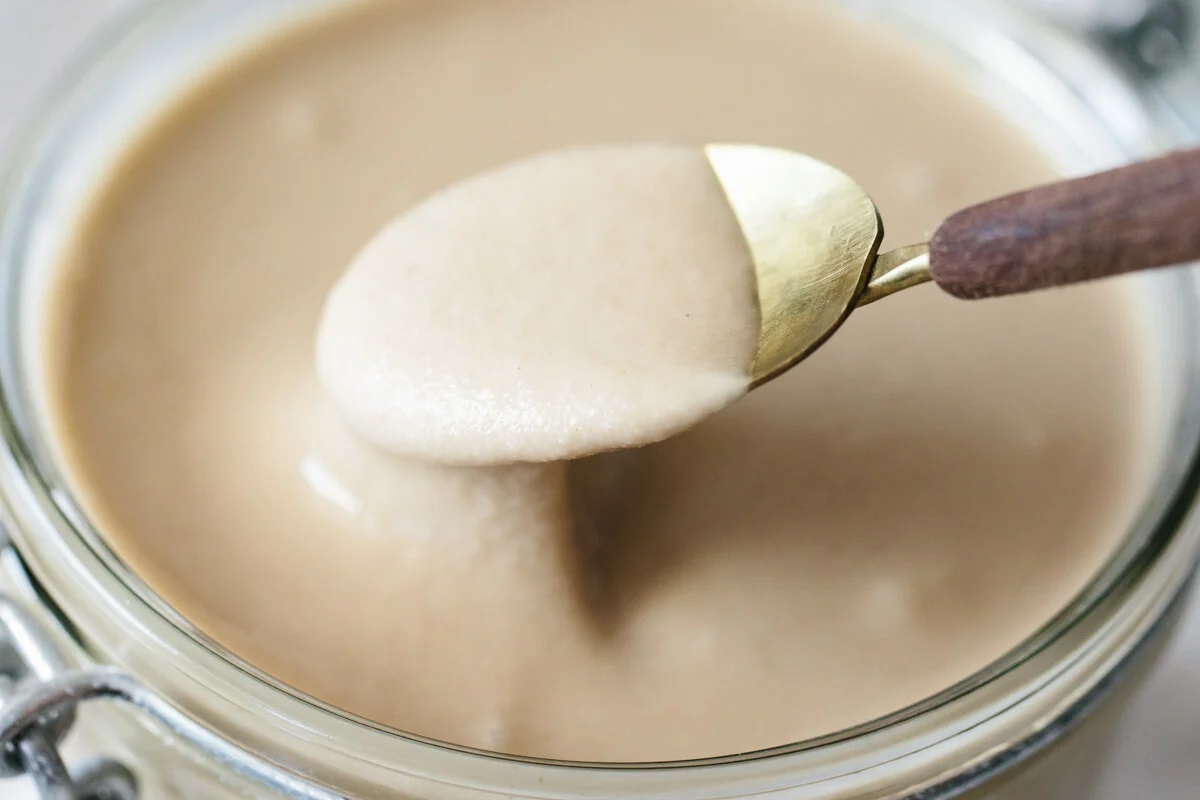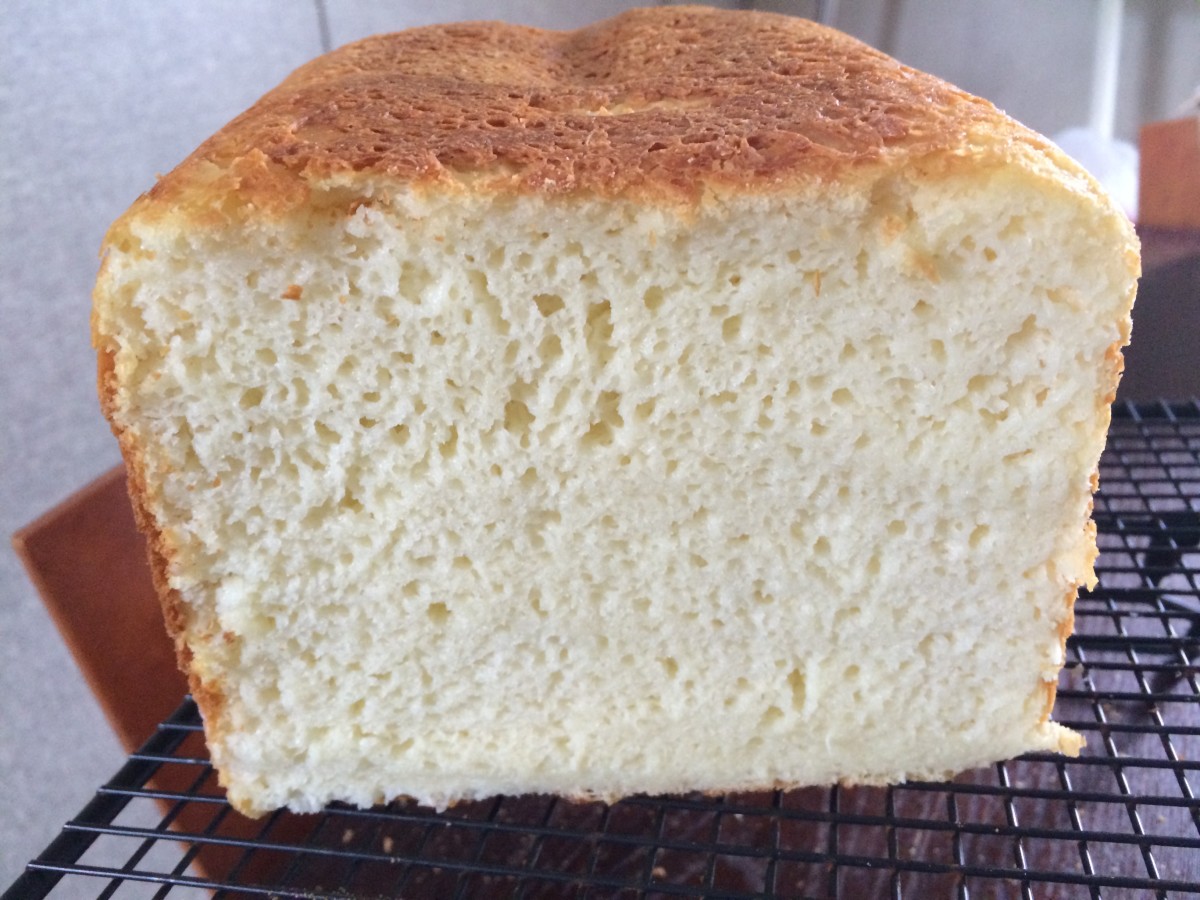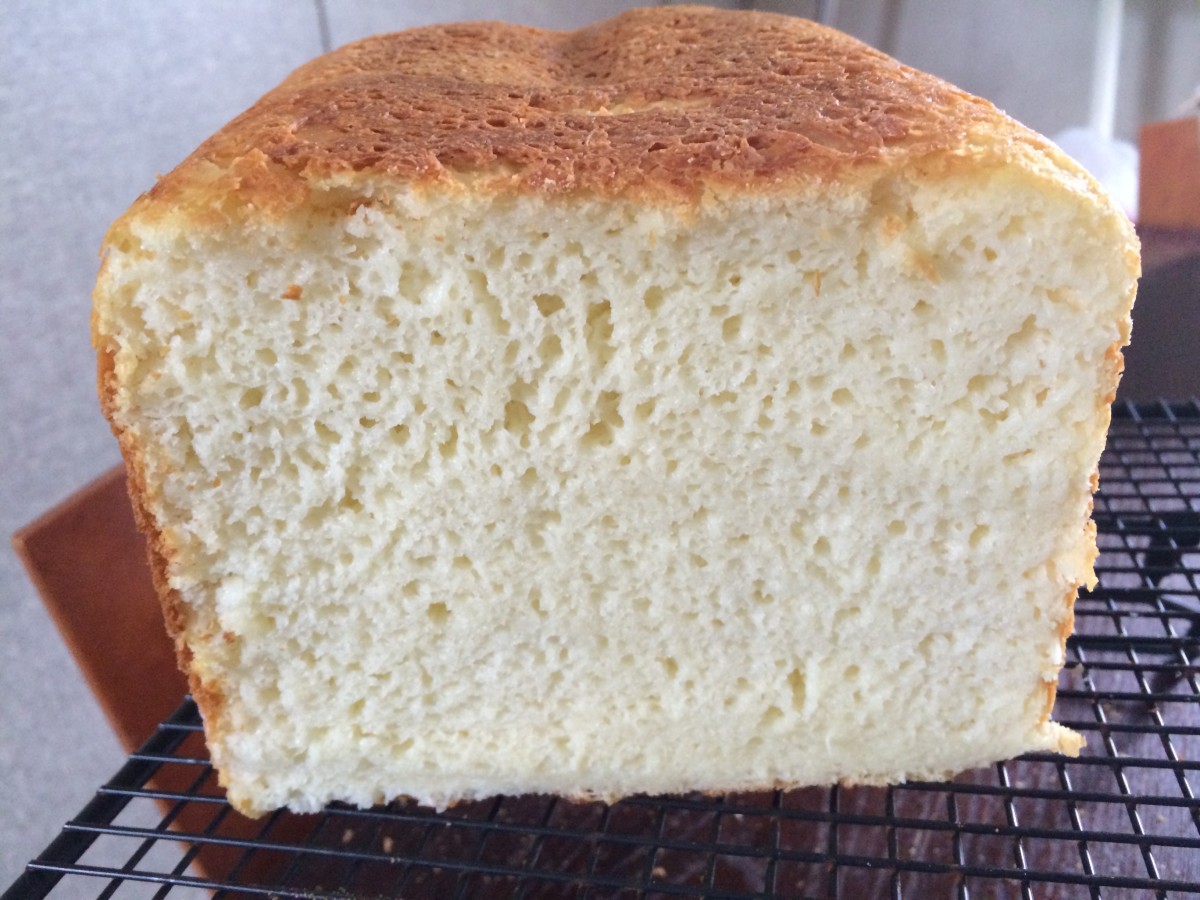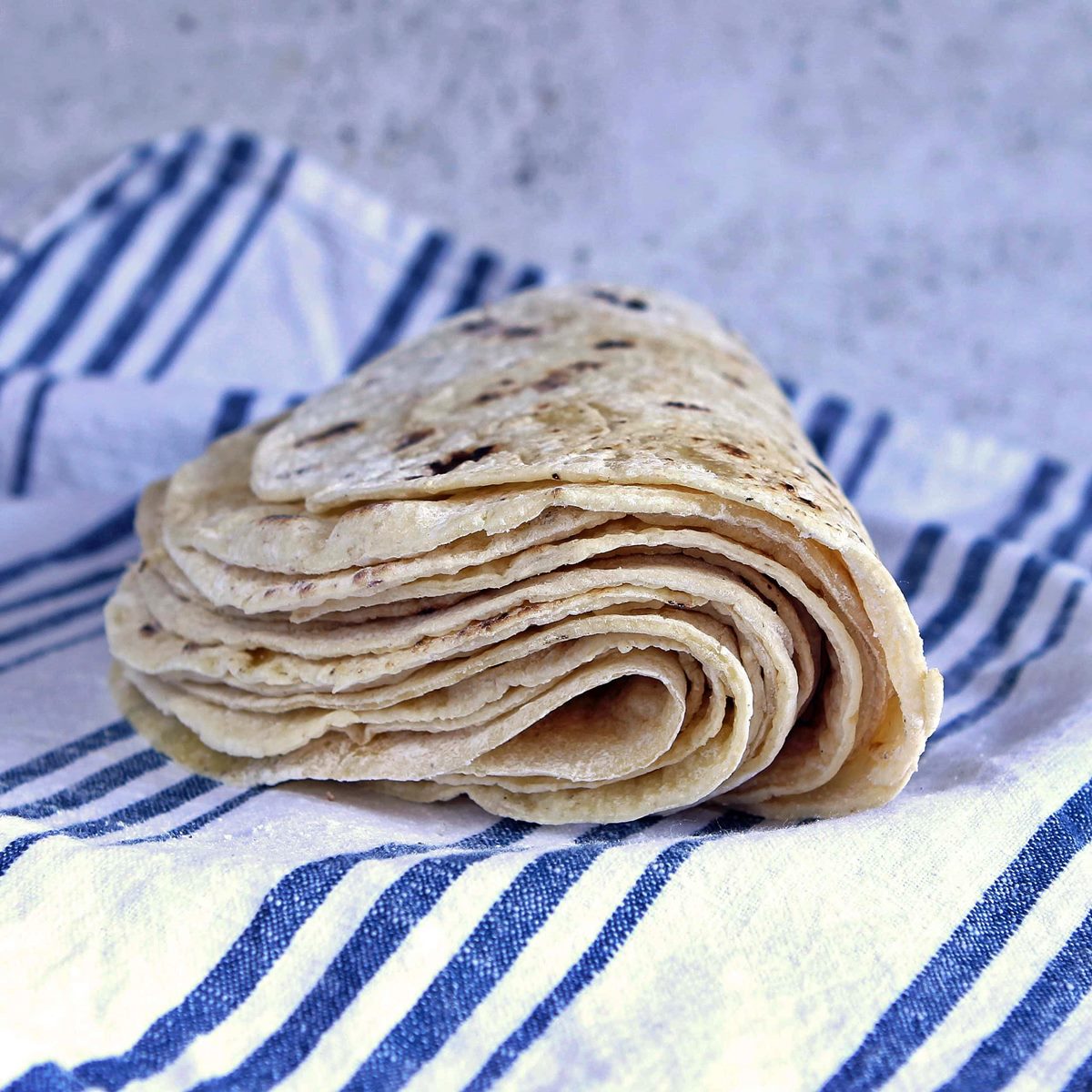What Is Xanthan Gum?
Have you ever wondered what gives certain foods that smooth, creamy texture or helps keep them perfectly blended together? Well, one ingredient known for its amazing abilities is xanthan gum. This versatile food additive has become a staple in many recipes and food products, but what exactly is xanthan gum?
Xanthan gum is a polysaccharide, which means it is a complex carbohydrate made up of multiple sugar molecules. It is produced through a fermentation process using a bacteria called Xanthomonas campestris. The bacteria ferment sugars, such as glucose or sucrose, and produce xanthan gum as a byproduct.
So, what makes xanthan gum so special? Let’s take a closer look at its unique properties and benefits:
1. Thickening Agent:
One of the main uses of xanthan gum in the food industry is as a thickening and stabilizing agent. It has the ability to bind water and create a thick, gel-like texture. This makes it ideal for adding viscosity to sauces, dressings, and soups, ensuring a smooth and consistent texture.
2. Emulsifier:
Xanthan gum also acts as an emulsifier, helping to combine ingredients that would normally separate, such as oil and water. This makes it useful in many salad dressings, ice creams, and other emulsion-based products.
3. Gluten Substitute:
For those with gluten sensitivities or dietary restrictions, xanthan gum can be a valuable substitute in gluten-free baking. It mimics the properties of gluten, providing elasticity and structure to baked goods.
4. Shelf-Life Extender:
Adding xanthan gum to certain food products can help extend their shelf life. It acts as a natural preservative, preventing separation and maintaining product integrity over time.
5. Allergen-Free:
One of the advantages of xanthan gum is that it is allergen-free, making it suitable for a wide range of diets. It is derived from bacteria and does not contain any common allergens such as eggs, dairy, or nuts.
6. Versatile Applications:
Xanthan gum finds its way into a variety of food products, including baked goods, dairy products, sauces, beverages, and even gluten-free alternatives. Its versatility and functionality make it an essential ingredient in many commercial and homemade recipes.
In conclusion, xanthan gum is a natural food additive with unique properties that make it a valuable ingredient in the food industry. Its ability to thicken, stabilize, and emulsify makes it an ideal choice for a wide range of applications. Whether you’re trying to perfect your favorite sauce or looking for a gluten substitute in your baking, xanthan gum is worth exploring. So, next time you come across this ingredient on a food label or in a recipe, you’ll know exactly what it is and how it enhances the food you enjoy!
Was this page helpful?
KnifeValve
NTGD Knife Valve, Your knife valve manufacturer of Proven Quality & Trustworthy Service
